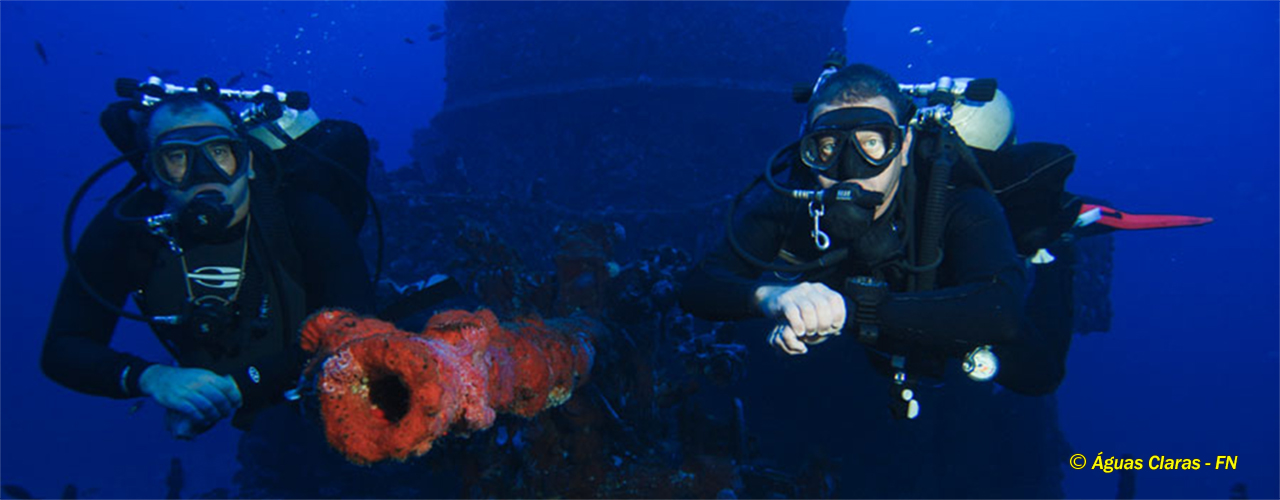I did never smoke. When I started diving (in 1975) a diver was basically first a free diver. Then occasionally using CC pure oxygen rebreathers. And even more occasionally using compressed air in twin tanks (for very deep diving).
As most of diving was in apnoea, smoking was impeding it almost completely, hence divers were all no-smokers.
However my father had been a big smoker (up to three packets per day), until it stopped entirely at 40 years old.
Then he started diving with me when he was 50, and continued until he was 65. At 62 he had some medical problems, which required a visit from a lung specialist. I was with him while the doctor was explaining his findings and commenting on the lung images. The conclusion was that it was urgent that my father did stop smoking, as the lungs were severly dirty. My father told the doctor that he was not smoking anymore since 22 years....
The doctor replied that 22 years are not enough for cleaning lungs, and that the damage done while smoking when young was now impossibile to recover from...
Conclusions:
1) stop smoking ASAP and never start again
2) the damage already done cannot be entirely recovered
3) This will strongly limit your performances as a free diver
4) This, instead, will not impede you to become a good scuba diver, as reduced lung performances are of minor relevance when breathing a compressed gas with an high partial pressure of oxygen.
As most of diving was in apnoea, smoking was impeding it almost completely, hence divers were all no-smokers.
However my father had been a big smoker (up to three packets per day), until it stopped entirely at 40 years old.
Then he started diving with me when he was 50, and continued until he was 65. At 62 he had some medical problems, which required a visit from a lung specialist. I was with him while the doctor was explaining his findings and commenting on the lung images. The conclusion was that it was urgent that my father did stop smoking, as the lungs were severly dirty. My father told the doctor that he was not smoking anymore since 22 years....
The doctor replied that 22 years are not enough for cleaning lungs, and that the damage done while smoking when young was now impossibile to recover from...
Conclusions:
1) stop smoking ASAP and never start again
2) the damage already done cannot be entirely recovered
3) This will strongly limit your performances as a free diver
4) This, instead, will not impede you to become a good scuba diver, as reduced lung performances are of minor relevance when breathing a compressed gas with an high partial pressure of oxygen.





